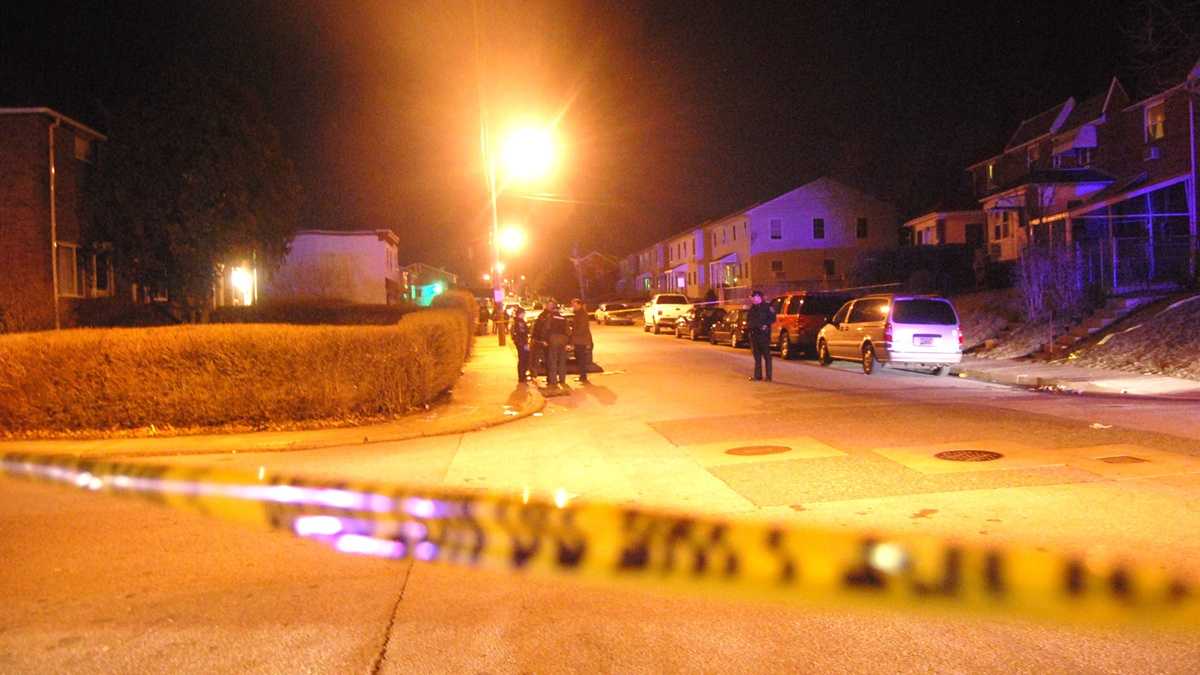The Delaware ‘Body Count’ story sends a message

(John Jankowski/for NewsWorks)
NewsWorks contributor John Watson asks: If you have a member of the family or a friend killed by the gun shots in Wilmington, what do you do?
Here is John Watson’s commentary:
If you have a family member or friend who was killed by gun shots in Wilmington, what do you do? What can you do? Call the police for starters. We want to honor a loved one, but too many times it’s done with the idea of revenge. It’s not a good idea.
Kenneth Walker takes a different approach, when he shoots at the bad guys. He is a local filmmaker who takes a different point of view to honor the memory of someone close to him. He produces the “Delaware Body Count.” You can view clips on YouTube. The video series shows us how they live and die on our streets. The Wilmington homicide and shooting rates don’t look very good so far this year. We might set a new record. And that’s what Walker is trying to stop.
In a News Journal article, Walker said, “I can’t preach because when I was that age nobody could get me off the corner. Everybody has a number.” Two years ago, that number was up for his 21-year-old cousin, Rafig Jamison. He was shot and killed in South Philadelphia That shooting started the “Delaware Body Count” series. It’s now in its third year.
Walkers Body Count tells the story of his anger over his loss. He says he isn’t trying to promote street violence. He just wants to show us where he came from and how he has changed from the life he lived when he was growing up.
Many of us may not understand Walker’s stories. His was a life where you go to bed with a half empty stomach, and use water for your morning cereal because there is no milk.
The newspaper article quotes Yasser Payne, Black American Studies Professor at the University of Delaware, who said shows like the Body Count can reveal a deep understanding. It explains a view, which many can’t understand, not having lived where they do. He says we have to live there to fully understand it.
And that’s what Walker wants you to do. Live in it by viewing the Delaware Body Count. It will give you a better understanding of why you need to be involved in your community. As the old saying goes, “If you see it, tell it.” If you see a crime being committed then don’t be the next victim.
Walker understood there was more to life than living on the street, saying “That’s when I started basically moving away from the streets. That’s what really made me start analyzing everything that was going on around me.”
Walker is said to be humbled by the attention his shows get. He said, “In their mind, they appreciate what I’m doing. In my mind, I’m not looking at it like that. I’m looking at it like they are helping me tell Rafig’s story, so I’m more of a fan to you than you are a fan to me.”
This is the story of a young man, who is trying his best, and has a great following telling how you can live anywhere, even places where violence occurs, and succeed walking the other way if death visits your family and friends.
It’s the story of someone who now encourages you to call the police, not gang members seeking revenge. We see far too much violence in Wilmington and the First State
The next time someone you know is seeking revenge for the killing of a friend or family member, tell them about this story. A true story.
WHYY is your source for fact-based, in-depth journalism and information. As a nonprofit organization, we rely on financial support from readers like you. Please give today.




